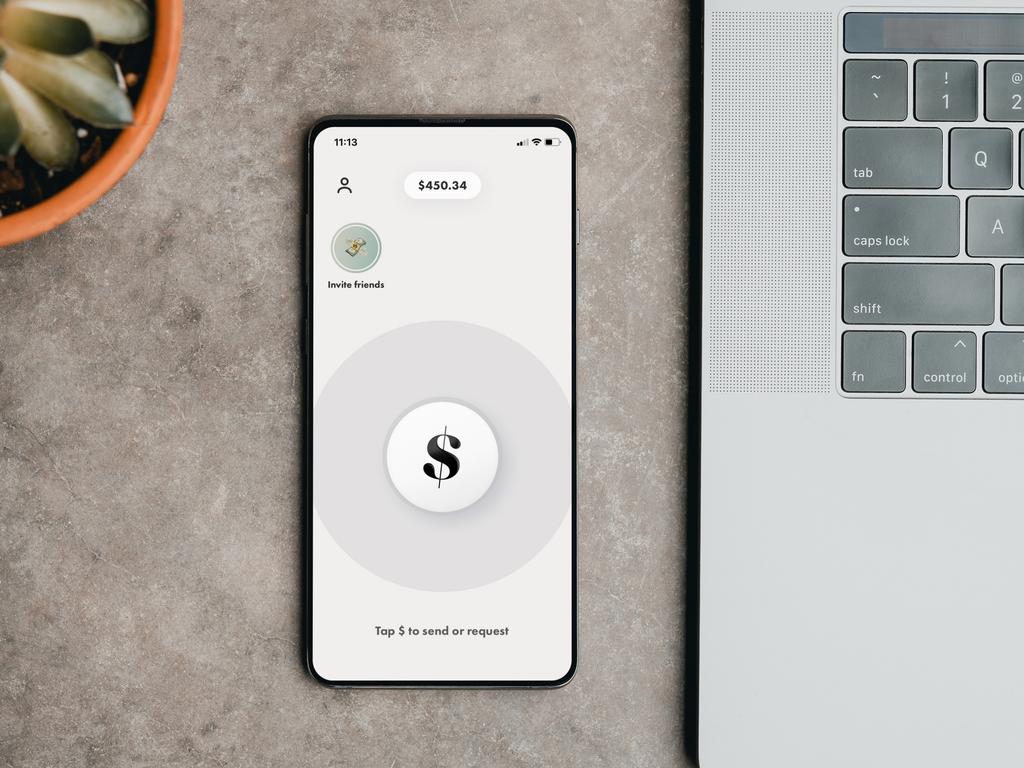Impending deadline to save $1658 on HECS and beat inflation
There’s a little-known hack to save thousands on HECS repayments – but the deadline to do this is just weeks away.
If you have a HECS/HELP debt and want to get ahead, it can be hard going. But if you know how to use the rules to your advantage, there’s a hack here that can save you some serious money.
How HECS works
When you take out a HECS debt to fund higher education, you don’t need to make any payments on the debt until your income reaches a threshold of $48,361 under the current rules. Once your income goes above this level, your employer will start withholding part of your pay.
Your repayment rate depends on your income. Repayments start at 1 per cent of your income if you earn between $48,361 and $55,836, and increase to 10 per cent of income above $141,848 per annum.
There is no ‘interest’ charged on HECS debts, but each year the amount you owe is ‘indexed’ based on inflation to keep your debt in line with changes in the cost of living. From 2017 to 2021 when inflation was low, the rate of indexation averaged an ultra low 1.52 per cent.
During this five-year period, HECS debts increased by only 1.52 per cent each year. This was an almost negligible increase, and meant there was very little reason you’d consider making extra repayments.
But with inflation on the rise, the ‘indexation rate’ is also increasing. Last year the indexation rate jumped up to 3.9 per cent. Based on the current sky-high inflation rate of 6.8 per cent, it’s likely the rate of indexation applied to HECS this year will be even higher, tipped to come in around 7 per cent.

Recent data shows the average Australian HECS debt is $23,685, so a 7 per cent indexation rate would see an average HECS debt increase a whopping $1658 in just one year.
At a 7 per cent rate of indexation, HECS debt increases will be higher than the average interest rate on a high interest savings account, and almost as high as the expected return on money invested into the sharemarket.
This suggests you should be looking a little more closely at whether you should be making extra HECS repayments.
How indexation is charged
Worth noting here that the way the indexation is applied to HECS is a little cheeky, and presents an opportunity.
During the financial year, your employer withholds part of your income to cover your HECS repayments. Once the financial year has ended and once you complete your tax return, the ATO runs a calculation to establish exactly how much you owe them, and at that time credits the withheld money against your debt.
This means that even though your employer is taking money out of each pay packet throughout the year, the amount you owe the ATO doesn’t actually reduce until you do your tax return – some time after July 1.

The cheeky part in my opinion is this: The indexation of HECS debts happens each year on June 1 – before the financial year finishes and before you do your tax return. And even though your employer has been holding back your pay all year, your outstanding debt amount is still the same as it was at the end of last financial year.
So here’s the opportunity …
If you make extra payments on your HECS debt before June 1 of this year, these payments are applied to the debt before the indexation rate is applied. With the indexation rate expected to be around 7 per cent, this gives you a guaranteed return in the short term which is nothing to sneeze at.
And here’s the kicker – if you’ve had HECS repayments withheld from your pay throughout the year, and then fully repay your HECS before June 1 you’ll receive the full amount withheld from your pay back at tax time.
Once you fully pay down your HECS debt, your pay packet will get a boost moving forward because your employer will no longer need to withhold part of your pay. This means more money in your pay moving forward that you can direct to savings and investments, and/or to cushion the massive increases in the cost of living.
It might be a bit of work to find the money to pay down your debt, but the benefits moving forward are significant.
The wrap
Trying to get ahead while paying down debt is a difficult proposition at any time, but when your debt is cranking up year on year it’s even harder.
For the last decade, the ultra low indexation of HECS debts has meant there was very little motivation for anyone to pay it off early. But times are changing, and with the current sky high inflation, this means anyone with HECS is in the firing line on June 1.
Getting on the front foot before your debt is indexed can save you some serious dollars today, and eliminating your HECS will pump up your savings capacity into the future – making your next money moves easier.
Ben Nash is a finance expert commentator, financial adviser and founder of Pivot Wealth, the creator of the Smart Money Accelerator, author of Replace Your Salary By Investing and host of the Mo Money podcast. He runs regular free online money education event which you can book here
Disclaimer: The information contained in this article is general in nature and does not take into account your personal objectives, financial situation or needs. Therefore, you should consider whether the information is appropriate to your circumstances before acting on it, and where appropriate, seek professional advice from a finance professional.
Originally published as Impending deadline to save $1658 on HECS and beat inflation





